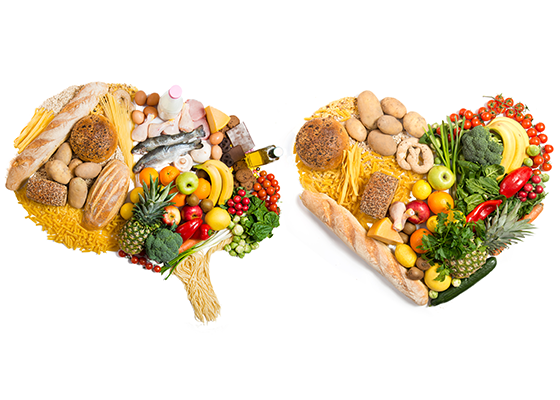Globally, depression is a major public health concern. According to the World Health Organisation it is the largest contributor to non-fatal burden of disease, with more than 80% of this burden represented across low- and middle-income countries.
A growing body of evidence suggests that dietary behaviours – in particular higher consumption of fruit and vegetables – may be important in reducing the risk of depression.
New research led by Post Doctoral Fellow Annabel Matison from UNSW Sydney’s Centre for Healthy Brain Ageing (CHeBA) has for the first time addressed the lack of research evidence that exists for older adults or for people in low- to middle-income countries.
Compared with depression in younger adults, depression in older adults has a greater impact on physical performance and cognition and is associated with lower quality of life and higher death rate
Annabel Matison
“Our aim with this study was to examine the associations between fruit and vegetable intake and depression in adults 45 years and older.”
Participants in the study came from multiple regions across six continents, including the United States, Sweden, Brazil, Nigeria, Malaysia and Australia. All data was collected and harmonised from ten longitudinal studies, with all groups part of the CHeBA-led Cohort Studies of Memory in an International Consortium (COSMIC).
The research, published in the Journal of Affective Disorders, assessed 7,801 community-based adults without depression, and revealed a beneficial association between higher fruit intake and lower risk of depression over the nine year period.
“This interesting finding of a protective association between fruit intake and risk of depression demonstrates a need to give a greater emphasis to diet in healthcare,” says Matison.
Although the results from this study suggested a benefit for the intake of vegetables, they were not statistically significant.
“The reason we found a beneficial relationship for fruit, but not vegetable intake, may be that vegetables are typically consumed cooked, which may impact their nutrient content, whereas fruit is generally consumed raw.”
Fruit and vegetable intake was self-reported via comprehensive food frequency questionnaire, short food questionnaire or diet history. Depressive symptoms were assessed using validated measures and depression defined applying validated cut-offs. The associations between baseline fruit and vegetable intakes and incident depression over a follow-up period of three to nine years were examined using the Cox regression method.
It has been suggested that the high levels of antioxidants, dietary fibre and vitamins contained in fruit and vegetables may exert a beneficial influence on depression through numerous mechanisms such as their role in inflammation, oxidative stress and the gut microbiota. As fruits and vegetables contain varying nutrients, it also seems likely that different types of fruit and vegetables may have differing impacts on the risk of depression. The evidence for citrus fruits and green leafy vegetables being associated with lower risk of depression is particularly strong.
CHeBA Co-Director and co-author on the research, Professor Henry Brodaty, said that future research considering the consumption of different types of fruit and vegetables using standardised measures and focusing on larger numbers of older adults is definitely warranted, particularly for low- and middle-income countries.
The extension of current research being conducted into the genes associated with dietary intake provides a promising avenue to influence the intakes of fruit and vegetables
Professor Henry Brodaty
“We should also consider the types of fruit and vegetables consumed to better understand the relationships involved and studies should be designed to provide more comparability across cohorts,” he says.





